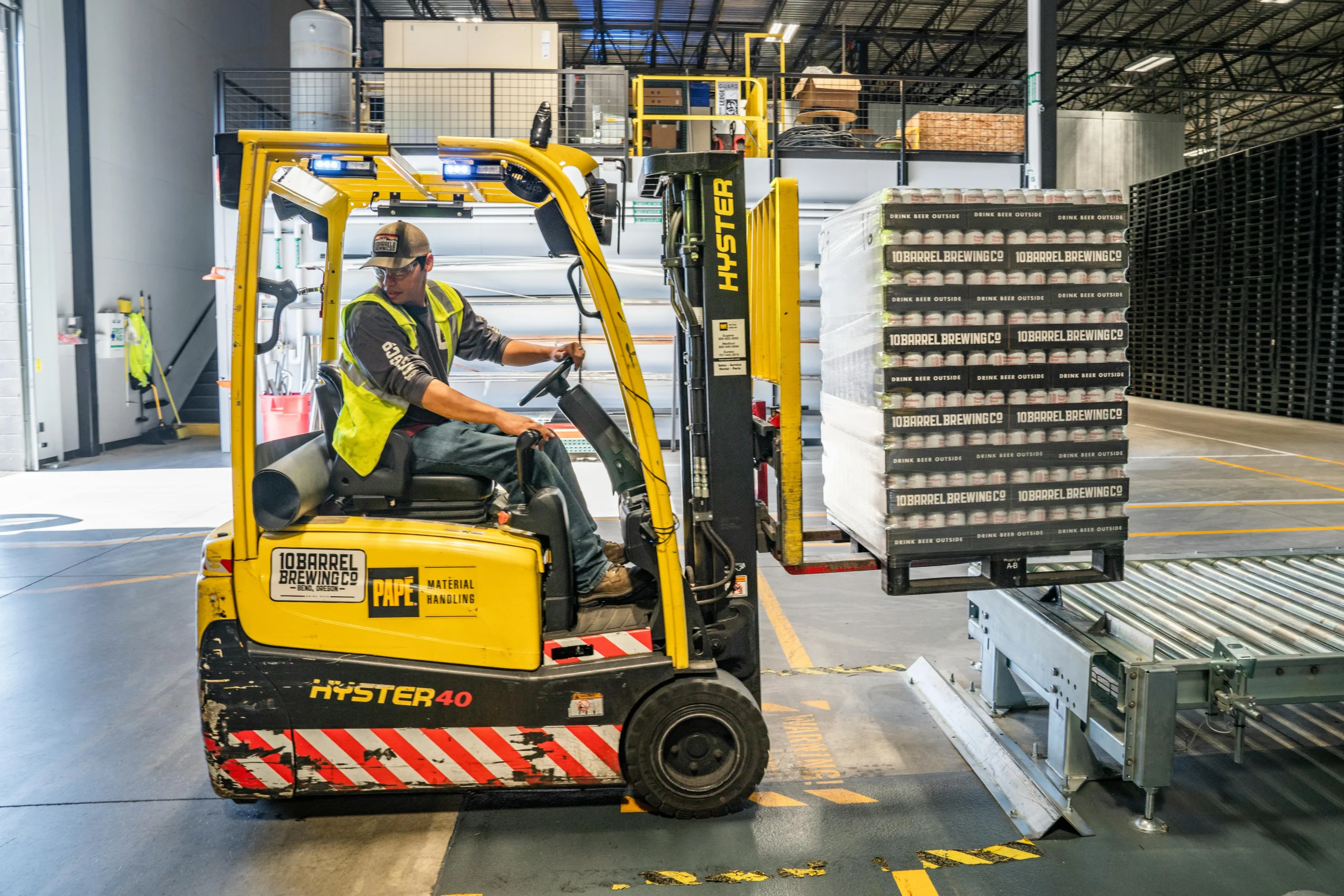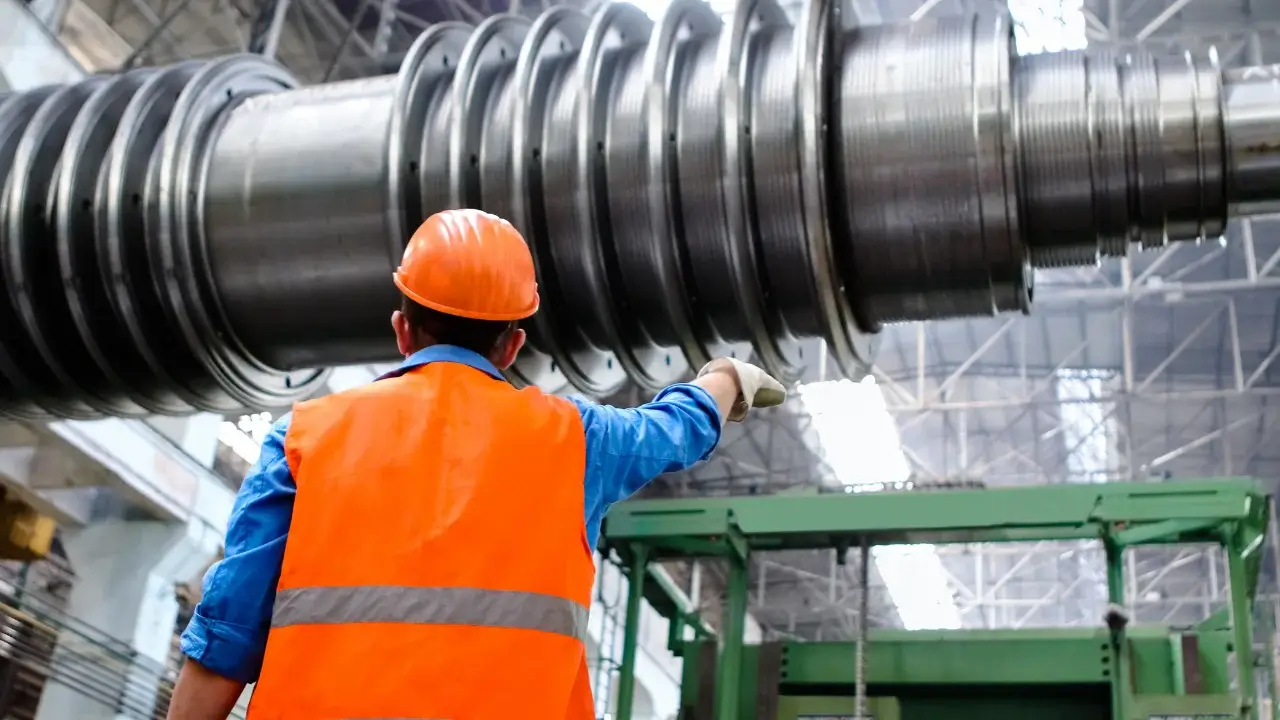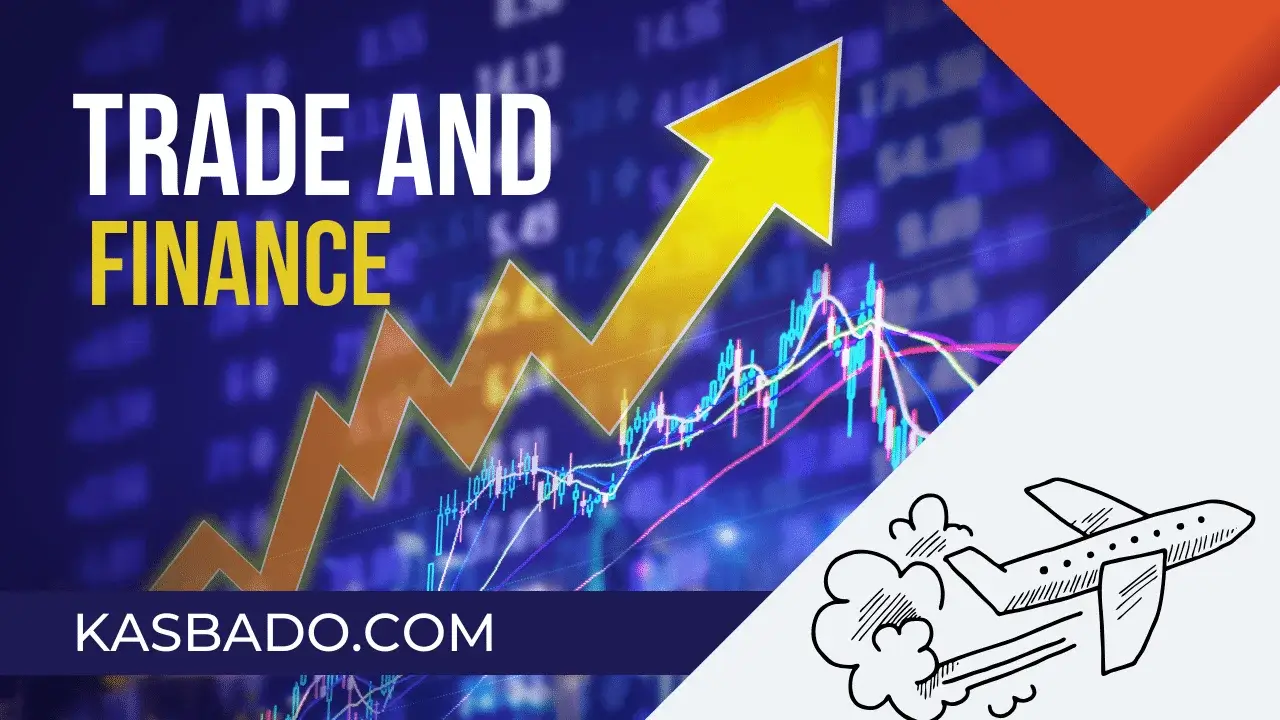Hey there, fellow business enthusiasts! Today, I’m diving into the intricate world of Global Value Chains (GVCs). Whether you’re a seasoned entrepreneur or just getting started, understanding GVCs is crucial in today’s interconnected business landscape.
What are Global Value Chains?
Let’s start with the basics. Global Value Chains (GVCs) refer to the full range of activities involved in the design, production, marketing, and distribution of goods and services across the globe. These chains often span multiple countries, with each contributing different value-added stages to the final product.
Key Points about GVCs:
- They involve a network of suppliers, manufacturers, and distributors working together across borders.
- GVCs allow companies to access resources and skills globally, increasing efficiency and reducing costs.
- They are essential in today’s global economy, driving innovation and economic growth.
Why are GVCs Important?
Understanding the importance of Global Value Chains (GVCs) is crucial for anyone in the business world. Here’s why:
- Efficiency: GVCs allow companies to focus on their core competencies while outsourcing other tasks, leading to greater efficiency.
- Cost-Effectiveness: By sourcing components and labor from different countries, companies can reduce costs and remain competitive.
- Innovation: Collaboration within GVCs fosters innovation, as different players bring diverse ideas and perspectives to the table.
- Market Access: GVCs enable companies to enter new markets and expand their customer base.
Challenges in GVCs
While Global Value Chains (GVCs) offer numerous benefits, they also present challenges:
- Coordination: Managing a network of suppliers and partners across different countries requires effective coordination and communication.
- Risk Management: GVCs are vulnerable to disruptions such as natural disasters, political instability, or supply chain issues.
- Labor Practices: Ensuring fair labor practices and ethical standards across the entire chain can be challenging.
The Future of GVCs
As technology continues to advance and the global economy evolves, Global Value Chains (GVCs) are expected to become even more intricate and interconnected. Companies will need to adapt to this changing landscape by embracing digitalization, enhancing supply chain resilience, and fostering sustainable practices.
In conclusion, Global Value Chains (GVCs) are a fundamental aspect of today’s business environment. By understanding their dynamics and staying abreast of trends, businesses can navigate this complex landscape and seize new opportunities for growth and innovation.








